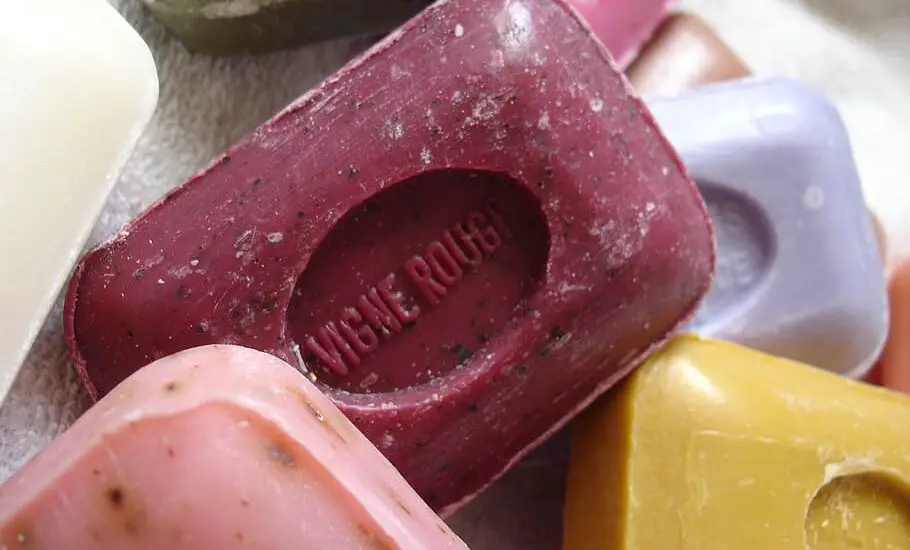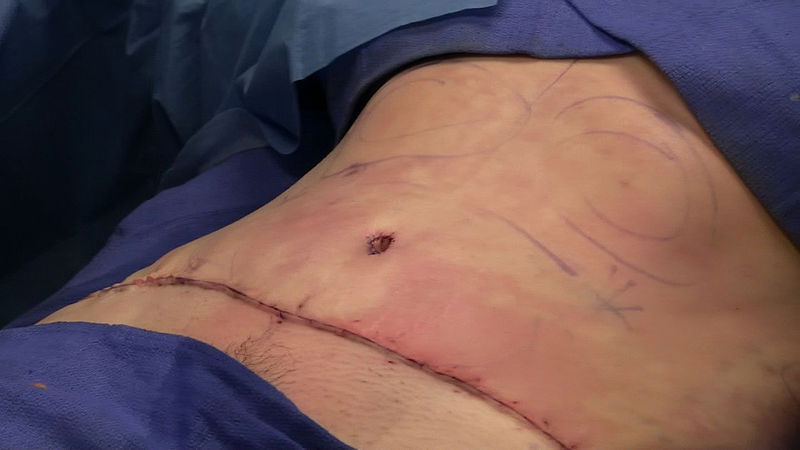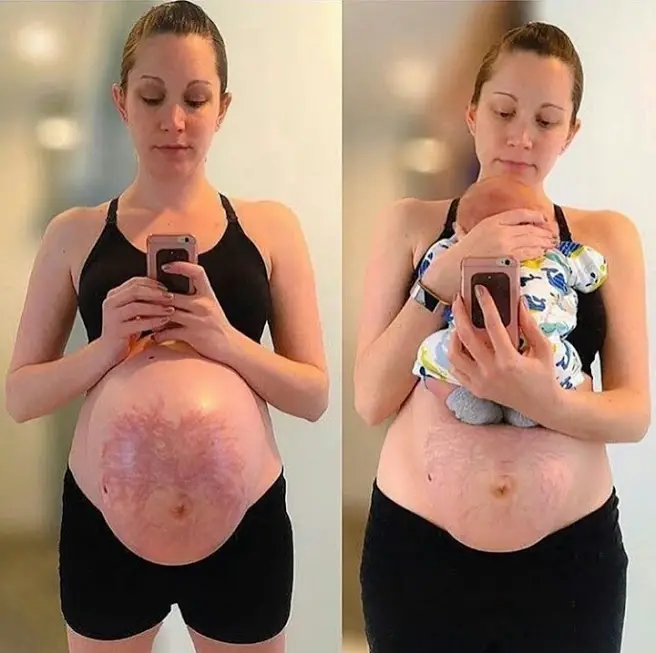One common dilemma many people face is, “Should I use soap after exfoliating?” It is a vital question that can significantly affect your skin’s health. Here, we explore expert advice to guide you to the best practice.

Table of Contents
Should I Use Soap After Exfoliating: The Expert Advice
Many skincare enthusiasts frequently ponder, “Should I use soap after exfoliating?” Let’s bring clarity to this essential skincare query.
Most experts advise against using soap immediately after the exfoliation process. Why? Because the skin is more vulnerable at this stage, having just shed a layer of dead cells. Applying soap can be somewhat aggressive, stripping the skin of its natural oils, and leaving it dry and irritated.
The solution lies in opting for a milder, pH-balanced cleanser that would not only clean the fresh layer of skin but also maintain the essential oils, nurturing the skin rather than assaulting it. Following up with a hydrating moisturizer will further aid in protecting and rejuvenating the skin.
The Science Behind Exfoliation
Exfoliation is a process that transcends beyond the simple removal of dead skin cells; it is a scientific method aimed at renewing your skin. It unveils a new, fresher layer of skin that is more responsive and, therefore, requires a more gentle approach in the subsequent skincare routine.
Freshly exposed skin post-exfoliation is more permeable. This implies that it is more receptive to the products applied afterward, thereby accentuating the reaction, either good or bad, to those products. Therefore, this substantiates the advice of avoiding soap post-exfoliation as it can lead to undesirable dryness and irritation.
Check out these other articles…
Red Skin After Exfoliation: 3 Proven Remedies
How Long Does it Take for Over Exfoliated Skin to Heal?
How Long Does it Take for Exfoliation to Lighten Skin?
Alternatives to Using Soap After Exfoliating
Knowing the fragility of the skin post-exfoliation, it is prudent to consider alternatives to soap that can clean without being harsh. This article from Harvard Medical School, vouches for non-soap cleansers that are gentle on the skin, maintaining its natural pH balance and protecting its inherent oils.
Such cleansers aid in cleaning the skin without drying it out, paving the path for healthy skin. Post-cleansing, it is beneficial to apply a fragrance-free moisturizer to nourish the skin and prevent any dryness, thereby promoting a healthy skin routine post-exfoliation.
Step-by-Step Guide to Post-Exfoliation Care
Rinse thoroughly: After the exfoliation process, it is crucial to rinse off the remnants of the exfoliating product diligently with lukewarm water. This step ensures that your skin is free from any residue that might cause irritation.
Use a gentle cleanser: As recommended by experts, opt for a non-soap cleanser formulated with nurturing ingredients to cleanse your skin while maintaining its natural balance and oil content.
You can try this Amazon-listed NutriBiotic – Sensitive Skin Non-Soap Skin Cleanser.
Hydrate: The new skin layer is delicate, and it yearns for hydration. Utilize a hydrating, fragrance-free moisturizer to replenish the skin, fostering a healthy glow while avoiding the irritation that fragrances can often cause.
This Cetaphil Body Moisturizer on Amazon is a perfect example of a moisturizer that can be used in this situation.
Protect your skin: Newly revealed skin is more susceptible to sun damage. It is imperative to apply a broad-spectrum sunscreen with a high SPF to shield your skin from harmful UVA and UVB rays, preventing potential skin issues such as premature aging and skin cancer.
Let your skin breathe: Post-exfoliation, give your skin time to breathe and recuperate by avoiding immediate application of makeup, which can clog pores and lead to breakouts. Allow a few hours for your skin to naturally heal and enjoy a fresh, radiant complexion.

